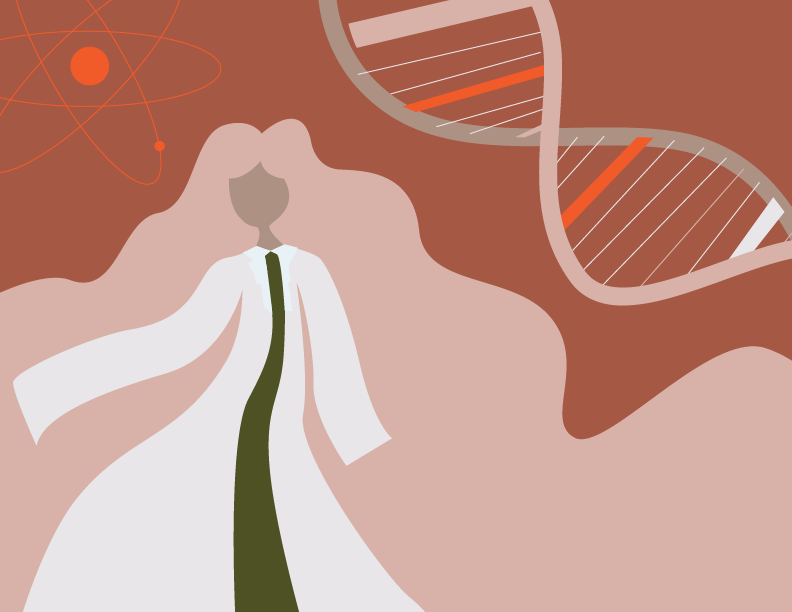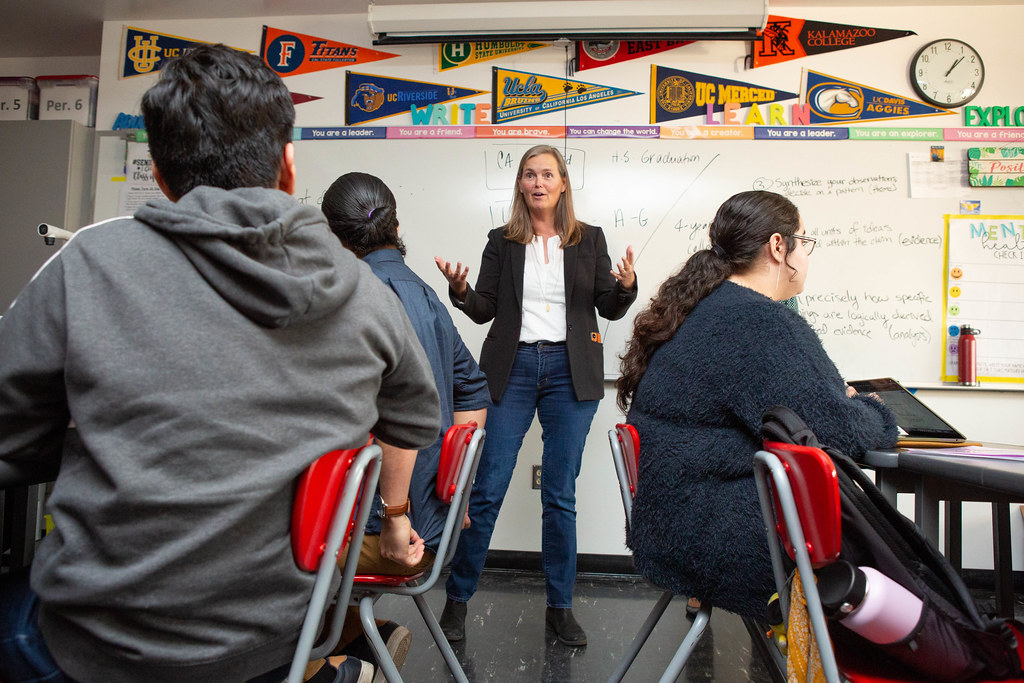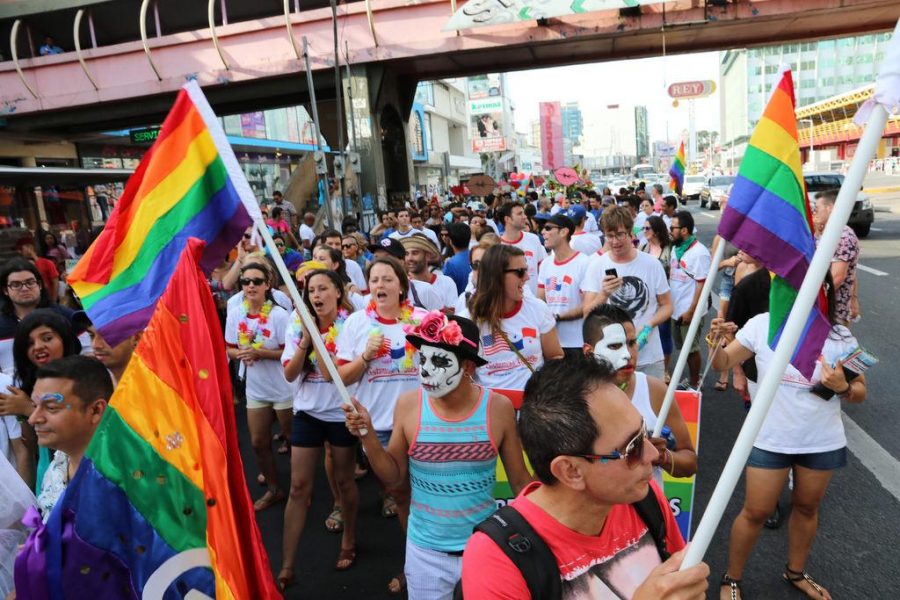During the first weekend of June, thousands of people gathered in Salt Lake City for the Utah Pride Festival. A part of many celebrations across the country celebrating LGBTQ pride during the month of June, the Festival was a hopeful, inspiring reminder of the vibrancy of Utah’s queer community — and it was a defiantly raucous celebration in the face of a history marked by oppression and violence. Some of that violence bled into the festivities, as a group of four men were chased and harassed with homophobic slurs after the festival.
Throughout June, there were discouraging reminders of how far Utah has to go before achieving true equality and acceptance for LGBTQ people. Five LGBTQ support groups were initially rejected from participating in an Independence Day parade in Provo. They were eventually allowed to participate, but only after public outcry and a compromise that required the groups to merge into two entries. Later, Ellen DeGeneres, in an interview with Imagine Dragons singer Dan Reynolds, attributed the high suicide rate in Utah to Mormonism. Her comments received backlash from many LDS people, and the Deseret News, an LDS-owned newspaper, published an op-ed criticizing DeGeneres for her comments. This “one step forward, two steps back” trajectory is hardly new for gay rights in America. After eight years of an openly pro-LGBTQ administration that oversaw the legalization of gay marriage, we are now under the leadership of a vice president with a long history of demonizing queer people. While these events in Utah may seem slight compared to the serious discrimination experienced by many LGBTQ people, it still serves as a sobering reminder that Utah’s conservative, religious culture can be stifling to those outside of the norm.
In the Deseret News editorial, Justin Dyer, Erin Holmes and Jonathan Sandberg criticize DeGeneres, who said, “The leading cause of death in Utah kids age 11 to 17 is suicide. Suicide in Utah has increased 141 percent because of the shame they feel from the Mormon Church.” They argue that there is no direct evidence for DeGeneres’ statements, and they cite statistics that find religious people are less likely to be at risk for suicide.
Nothing in this op-ed is factually inaccurate, but the writers dance around the most important issues this debate invokes. The article’s ostensible examination of Mormon-LGBTQ relations tends to privilege a certain side of the debate — the piece includes a lengthy quote from LDS Apostle M. Russell Ballard, does not discuss any of the Church’s positions on sexual minorities and fails to feature any perspectives from queer people. The writers regularly claim that religion could prevent suicide, but this argument is a frustrating red herring. It’s not a surprise that for a “typical” (read: not queer) person, Mormonism can be a source of great comfort. But LDS doctrine makes it clear again and again that it is not designed for people who are not straight or cisgendered.
Here is a more relevant set of facts than the ones provided in the Deseret News. LGBTQ people are at a much greater risk for suicide, which the writers acknowledge but seem to find much less important to this discussion than I do. Though the LDS Church is traditionally an apolitical organization, Church leadership has generally tended to make an exception for gay rights causes. They were instrumental in passing Proposition 8, a ballot measure to outlaw gay marriage in California. Vox reported, “The LDS Church recently filed a ‘friend of the court’ brief in support of rolling back protections for transgender students.” The LDS Church is the most dominant cultural and political force in Utah — and this will likely remain true for the foreseeable future. The vast majority of queer people find the church to be an uncomfortable environment at best and an actively hostile one at worst. Any discourse on suicide in Utah that ignores these essential facts is woefully incomplete.
The writers of the Deseret News were not wrong to point out that DeGeneres’ comments were more than a little reductive. But she also openly acknowledged the elephant in the room that many Utahans would be content to ignore. The influence of Mormonism in Utah culture and politics makes it harder for LGBTQ people to live their lives openly, without shame — and sometimes, that shame can be deadly.
LGBTQ activists made a connection between a policy that forbade children of same-sex couples from being baptized and a string of suicides from gay youth. Analysis from Dr. Benjamin Knoll found that while there was not enough data to draw a direct relationship between Mormon policy and LGBTQ suicide, “the link between LDS rhetoric and approaches to LGBT issues is … the most plausible explanation to date.” There are many reported cases of LGBT individuals contemplating or committing suicide after damaging experiences within the LDS church.
In their piece, Dyer, Holmes and Sandberg make it clear that they find teen suicide to be a pressing issue, and suicide is a legitimate crisis for people of all ages and sexual orientations. But their writing is reflective of larger issues in our state — many Utahans want to fix problems in our state without examining how institutional and cultural forces play a role in perpetuating these problems. It’s the same institutional lack of empathy that denies every LGBTQ group from participating in a parade, even though these groups were neither political nor unpatriotic. Until more of us are willing to ask some hard questions about our culture and acknowledge that homophobia is far from dead, we will find ourselves in the same cycle, watching as vulnerable queer youth suffer the consequences.

















